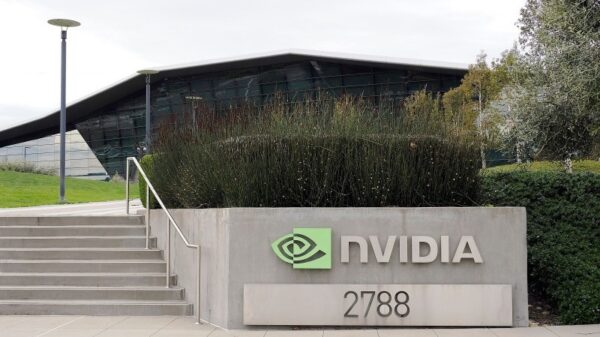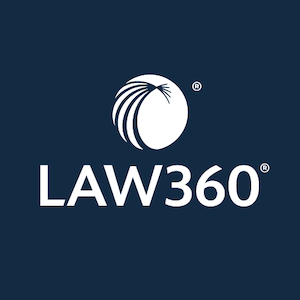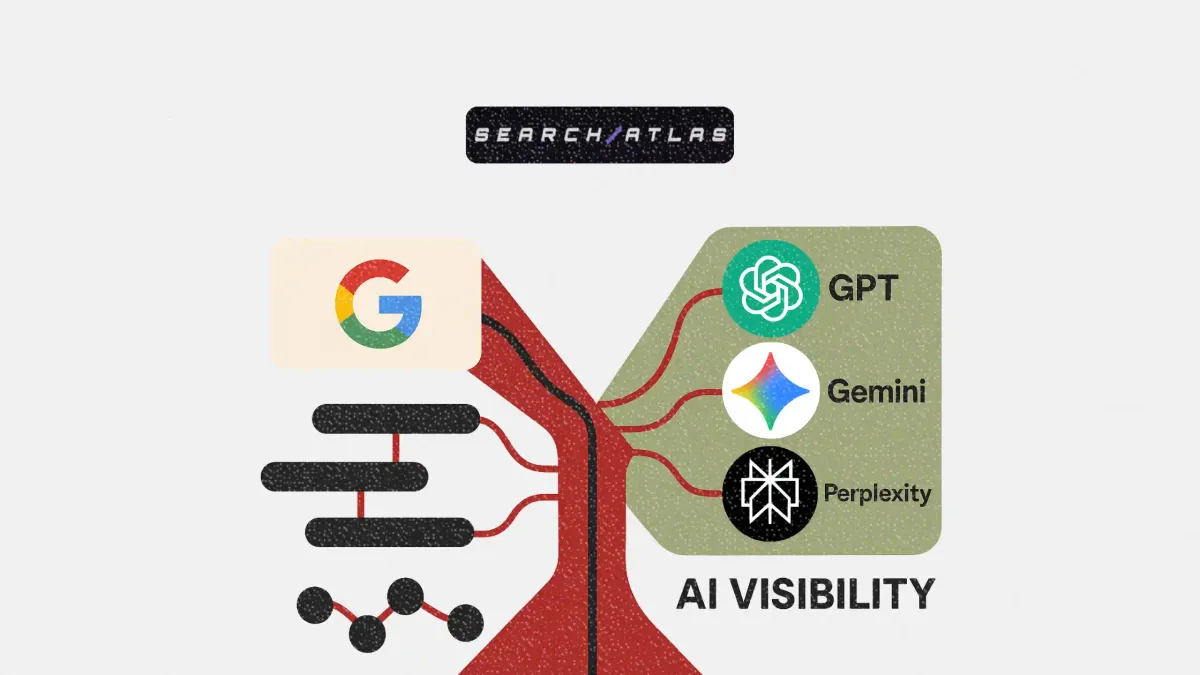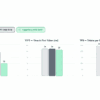New research shows major differences between LLMs and Google search results
For decades, marketers have concentrated their efforts on optimizing content for Google, but recent research indicates that this strategy may no longer suffice. A detailed examination of Large Language Models (LLMs) such as GPT, Gemini, and Perplexity highlights significant differences in how these models generate search results compared to traditional search engines like Google. This divergence could revolutionize how brands manage their online presence, pushing marketers to accommodate the evolving landscape shaped by AI-powered assistance.
Understanding the Shift: Key Findings from the LLM vs Google Study
A recent study analyzed 18,377 semantically matched queries to evaluate the alignment of various LLMs with Google search results. The models analyzed included Perplexity, which uses live retrieval; OpenAI’s GPT, which depends on internal knowledge; and Google’s Gemini, which employs a selective citation strategy. The results reveal that these AI models create a new layer of search visibility that often does not overlap with Google’s results at the URL level.
The study uncovered the following key statistics:
- Perplexity: 43% domain overlap, 24% URL overlap—offering the highest alignment due to real-time web retrieval.
- OpenAI GPT: 21% domain overlap, 7% URL overlap—relying more on reasoning than on real-time retrieval.
- Google Gemini: 28% domain overlap, 6% URL overlap—focused on selective citation-driven results.
Even with the highest alignment, Perplexity matched fewer than one in four URLs found on Google, indicating a substantial visibility gap that could significantly impact brands focused on organic reach.
Why LLMs Present Different Results Than Traditional Search Engines
The study identified two primary factors contributing to the differences in results:
- Retrieval vs. Reasoning: Models like Perplexity pull from live sources, resembling Google more closely. In contrast, GPT and Gemini synthesize information from their internal knowledge bases and selected sources, often overlooking top-ranking pages entirely.
- Citation Behavior: Google’s citations are determined by search results, while LLMs favor semantically clear, factual, and well-structured content, regardless of its search engine ranking.
Consequently, if your content ranks well on Google but lacks semantic clarity or a structured format, it may not appear in AI-generated responses.
Strategies for Marketers to Enhance AI Visibility
While traditional SEO remains relevant, the rise of LLMs signifies the emergence of LLM visibility as a critical performance metric. Ignoring this dynamic could lead to missed opportunities in brand exposure. Here are some strategies marketers should consider:
1. Track LLM Visibility Alongside Google Rankings
It’s essential to measure your brand’s appearance in Perplexity, GPT, and Gemini responses. Implementing tools and custom scraping workflows can help monitor brand mentions, citations, and positions within AI-generated answers.
2. Prioritize Semantic Clarity and Structured Content
AI models favor content that is factually rich, clearly defined, and focused on specific topics. Utilizing structured data, schema markup, and precise language is essential, as vague or fluffy language performs poorly. LLMs prioritize precision over persuasion.
3. Benchmark Across Multiple Platforms
A single visibility score is no longer sufficient. Brands should regularly compare their presence across AI models and Google to identify gaps and opportunities before competitors do.
4. Build with LLMs in Mind, Not Just for Search Crawlers
As AI tools become the primary interface for discovery, brands must ensure their content is easily parsed and cited by LLMs. This includes using question-based headings, summarizing key points early, and providing explicit data and source links.
As generative engines continue to reshape how information is accessed, marketers must adapt their strategies to thrive in this new landscape. Focusing solely on traditional search rankings could result in diminished online visibility. Brands that pivot now will position themselves favorably in a fragmented search ecosystem, while those that do not may find themselves obscured, regardless of their traditional ranking success.
 Tuscaloosa City Schools Launch AI Initiative to Enhance Classroom Learning by 2026
Tuscaloosa City Schools Launch AI Initiative to Enhance Classroom Learning by 2026 Hugging Face CEO Warns LLM Enthusiasm May Eclipse Broader AI Potential
Hugging Face CEO Warns LLM Enthusiasm May Eclipse Broader AI Potential EU Delays AI Act Implementation; Industry Lobbying Influences New Proposal
EU Delays AI Act Implementation; Industry Lobbying Influences New Proposal Microsoft AI Code Usage Hits 30% Amid Windows 11 Update Chaos and Investor Doubts
Microsoft AI Code Usage Hits 30% Amid Windows 11 Update Chaos and Investor Doubts India’s ATOMESUS AI Launches Advanced Platform with Focus on Multilingual Optimization and Data Sovereignty
India’s ATOMESUS AI Launches Advanced Platform with Focus on Multilingual Optimization and Data Sovereignty































































